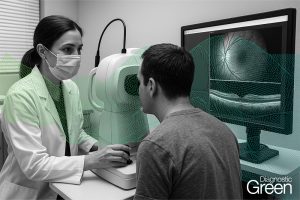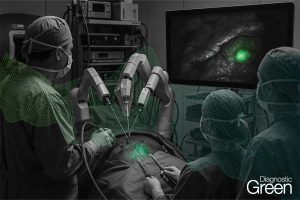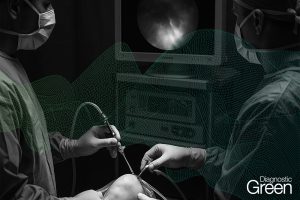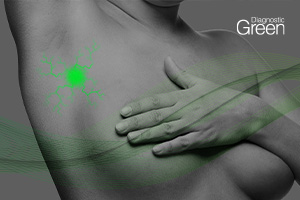Copenhagen, Denmark hospital study by Elisabeth Lauritzen and Tine Engberg Damsgaard
Indocyanine Green Angiography (ICG-A) is an imaging technique used to visualize tissue perfusion in real time. The aim of this systematic review and meta-analysis is to evaluate all published papers on breast reconstruction using ICG-A, which provides information on complication rates and to investigate whether the use of this peroperative method decreases the risk of complications.
Results: The search (MEDLINE/PubMed, EMBASE, Cochrane, and UpToDate ), yielded 243 papers on ICG-A and breast reconstruction. Twenty-six of these were included for analysis. The risk of overall major complications ([OR] = 0.53, 95% confidence interval (CI) = 0.43-0.66, p = 0.00001) and overall loss of reconstruction ([OR] = 0.58, 95% CI = 0.37-0.92, and p = 0.020) was significantly lower when peroperative ICG-A was used. When using ICG-A to evaluate mastectomy flaps, a statistically lower risk of major complications ([OR] = 0.56 and p = 0.0001) and the loss of reconstruction was found ([OR] = 0.46, p = 0.006). ICG-A used in autologous breast reconstruction significantly reduced the risk of minor ([OR] = 0.62 and p = 0.001) and major complications ([OR] = 0.53 and p = 0.0028).
Conclusions: This is the first systematic review to analyze the use of ICG-A on both mastectomy flaps and autologous reconstruction. The results obtained in the current study indicate that the use of ICG-A in breast reconstructive procedures reduces the complications as well as the loss of reconstruction.




